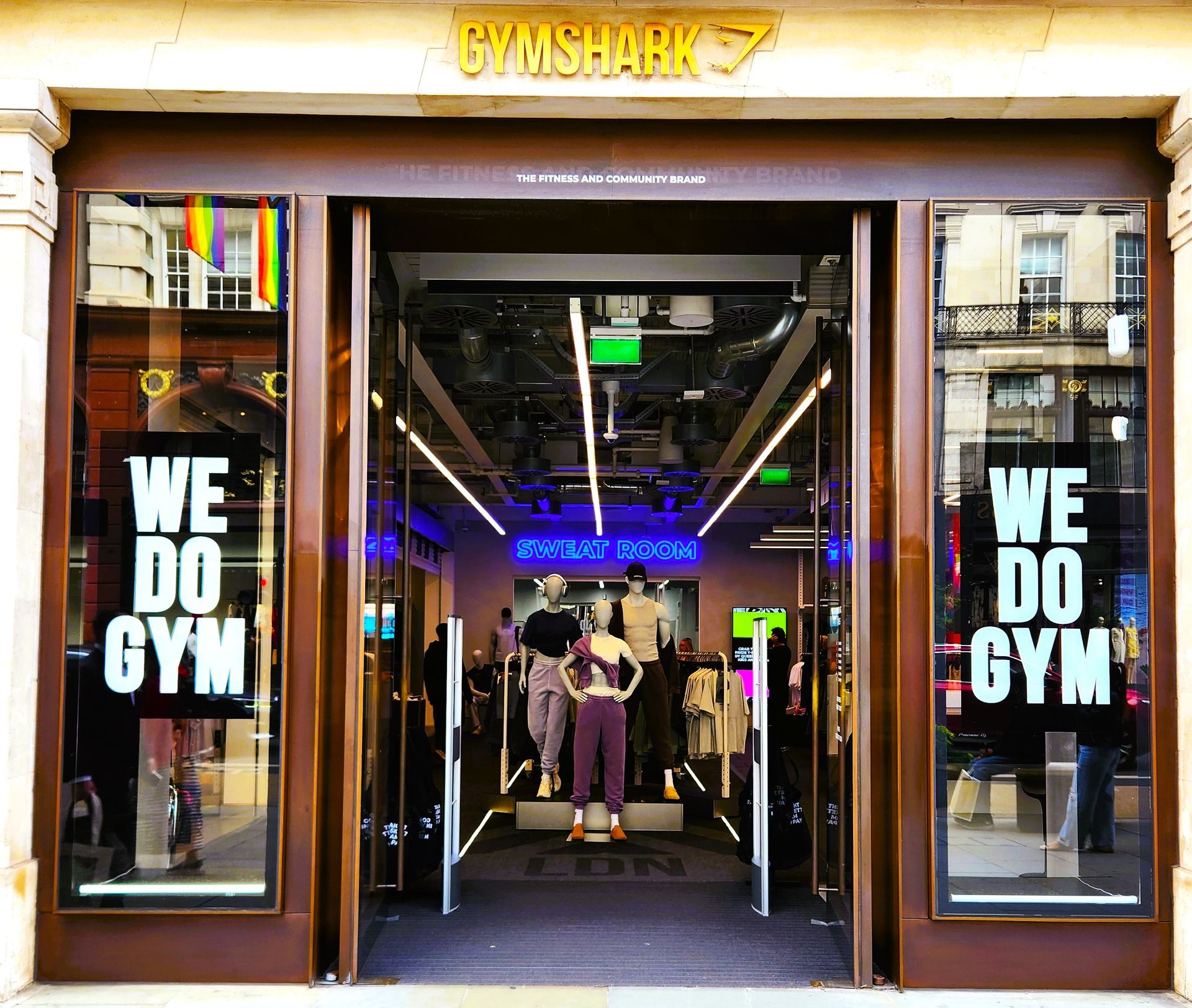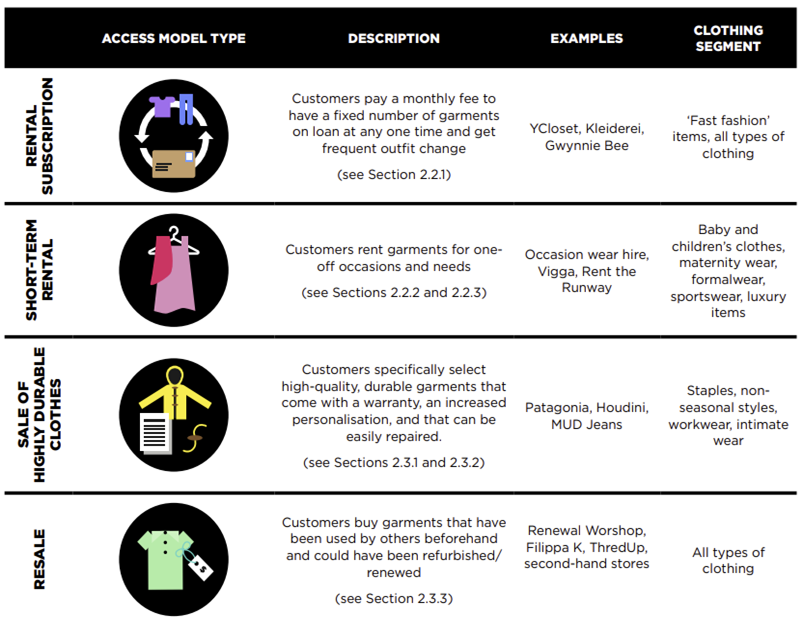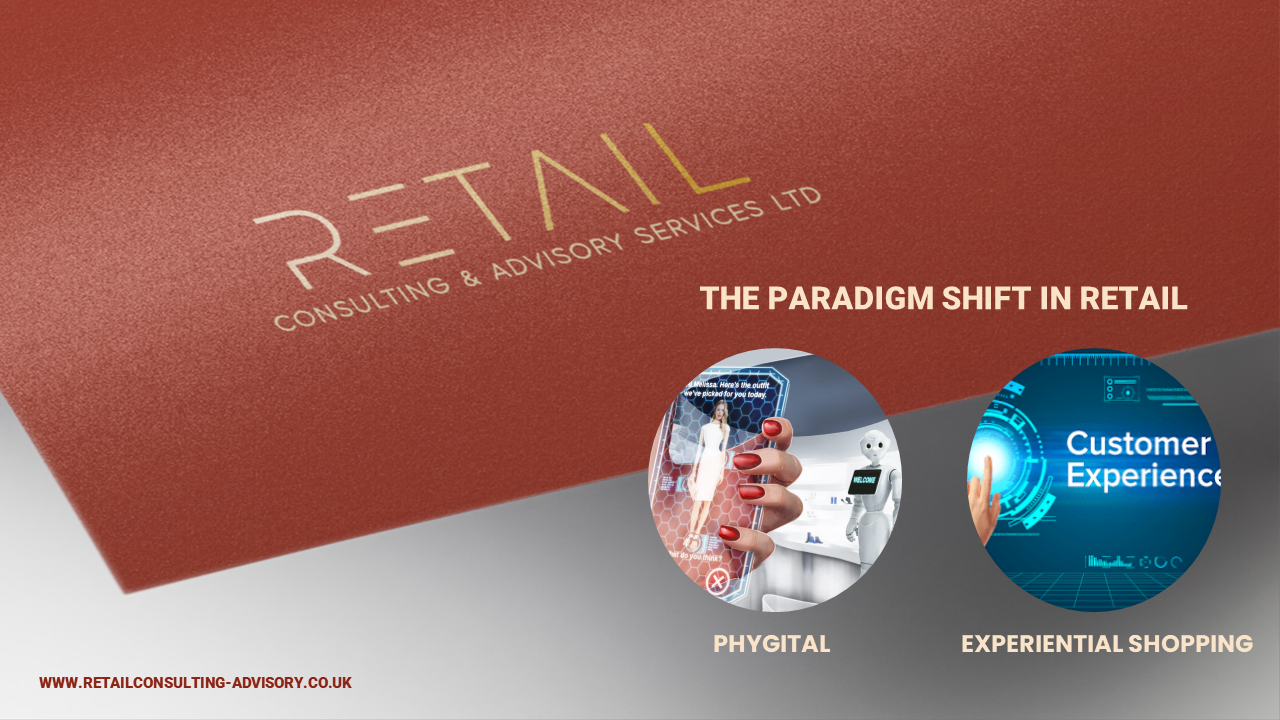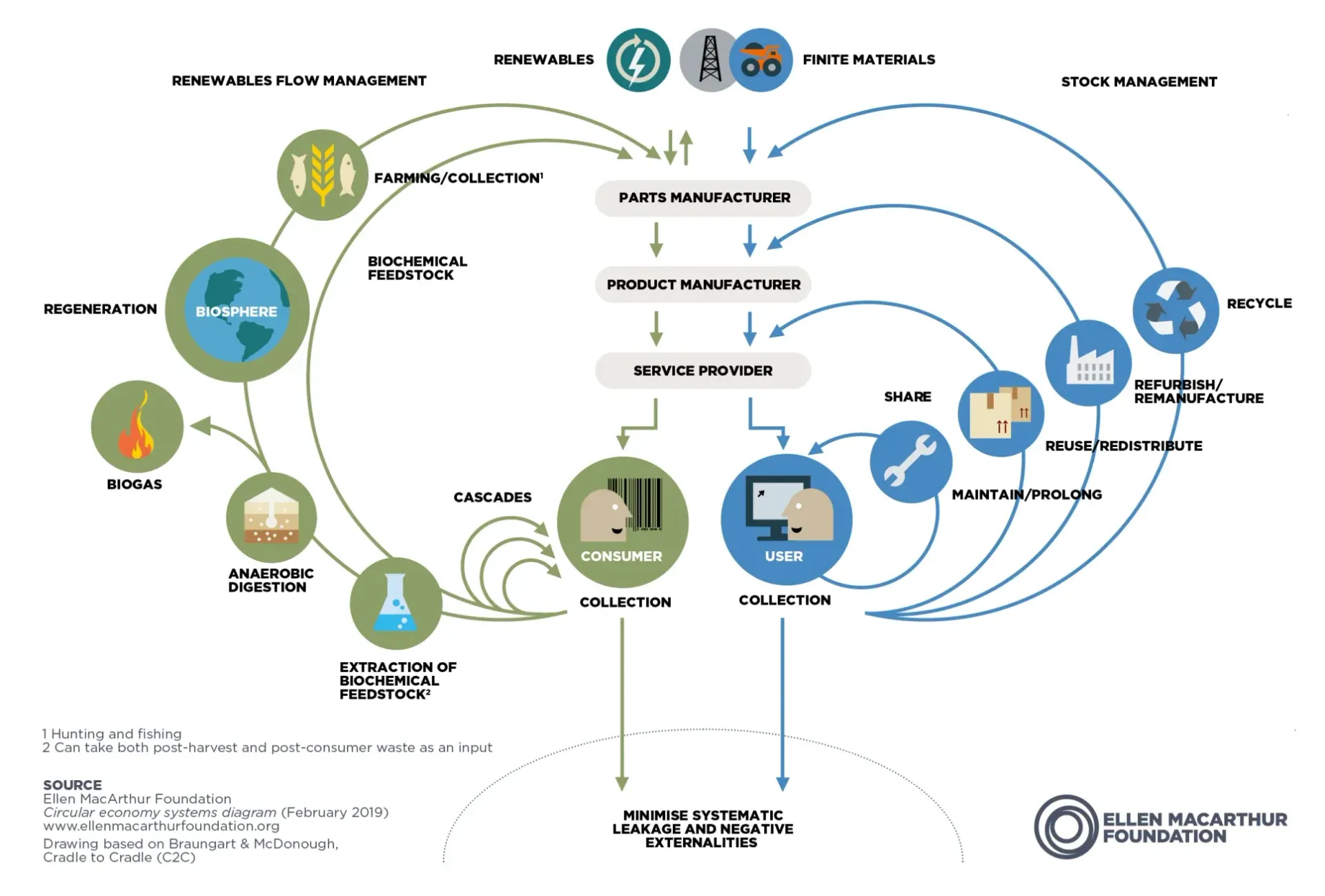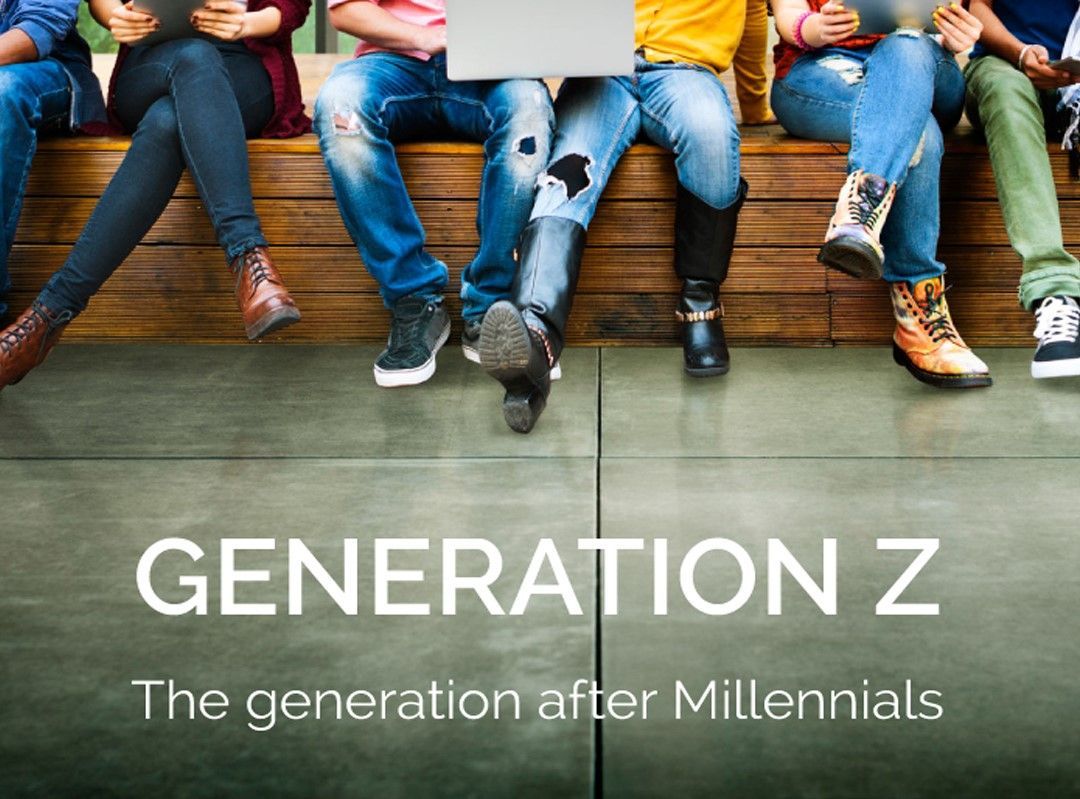CONSUMER BEHAVIOUR CHANGES & TRENDS IN RETAIL
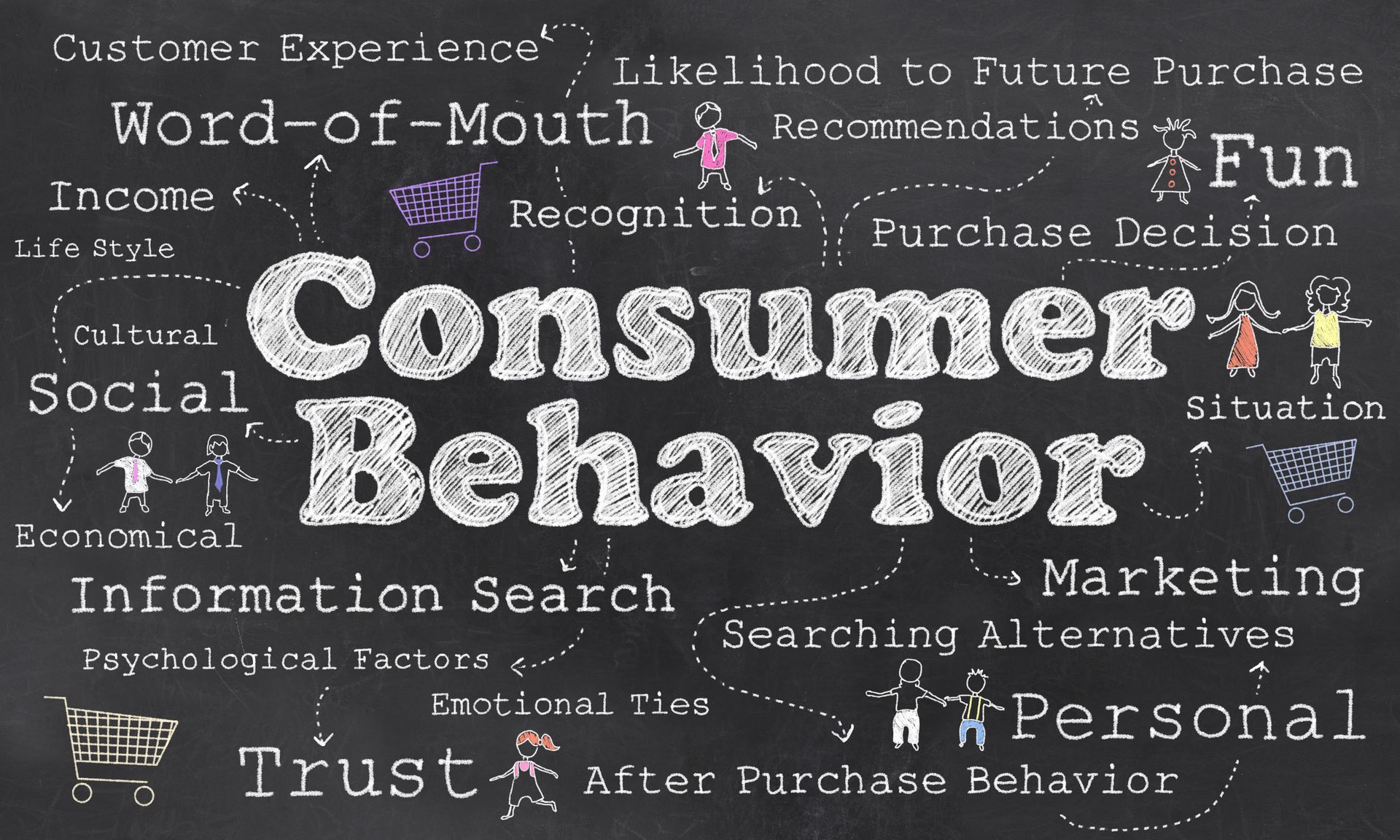
CONSUMER BEHAVIOUR CHANGES & TRENDS IN RETAIL
Customer orientation, customer centricity, and customer focus are concepts overused by businesses in many industries, becoming a mantra for managers and organisations. It seems a general agreement that organisations must focus on customers, considering that markets are very competitive and non-static.
The literature in the marketing sphere has considered customer orientation one of the three critical behavioural components for an organisation’s market-oriented approach. Narver and Slater (1990) described customer orientation in the Journal of Marketing as the sufficient understanding of one's target buyers to continuously create superior value for them. In other words, organisations must understand their customers and their present and future needs to create value by developing new offerings and constantly measuring customer satisfaction. The critical question is how organisations can be customer-oriented in a changing environment, including changes in consumer behaviours.
The retail landscape has witnessed significant changes in consumer behaviour over the past few years. Various factors, including technological advancements, shifting demographics, economic fluctuations, and evolving consumer preferences, have driven these changes. This article will explore some key trends and transformations in retail consumer behaviour.
Rise of E-commerce
The growth of e-commerce has revolutionised the retail sector. Consumers have shifted towards online shopping with the increasing penetration of smartphones, improved internet connectivity, and convenience-driven shopping habits. The COVID-19 pandemic has further accelerated this trend, as lockdowns and social distancing measures prompted more consumers to turn to online channels. Retailers have responded by enhancing their online presence, investing in user-friendly websites, and optimising logistics to meet the surge in online orders.
Mobile Shopping
The widespread adoption of smartphones has also led to a rise in mobile shopping. Consumers increasingly use their mobile devices to browse products, compare prices, read reviews, and make purchases. Mobile apps and mobile-optimized websites have become crucial for retailers to engage with consumers and provide seamless shopping experiences. However, the use of mobiles for shopping goes beyond the current use, and implementing technologies such as AR will change how retailers engage with consumers and provide personalised experiences.
Demand for Personalization
Consumers now expect personalised experiences from retailers. They value tailored recommendations, customised promotions, and targeted marketing campaigns. Retailers must leverage technologies like artificial intelligence and big data analytics to gather customer insights, track shopping behaviour, and deliver personalised recommendations. Personalisation enhances customer satisfaction, improves customer loyalty, and drives repeat purchases.
Sustainable and Ethical Shopping
There has been a growing awareness and concern among consumers about environmental sustainability and ethical practices. Shoppers increasingly seek sustainable, eco-friendly products and support brands that demonstrate social responsibility. Retailers must respond by incorporating sustainable practices in their supply chains, offering eco-friendly alternatives, and providing transparency about their sourcing and manufacturing processes. Retailers aligning with ethical and sustainable values will likely gain a competitive edge and attract a loyal customer base.
Shift in In-Store Experience
While online shopping has gained prominence, the in-store experience remains crucial. Consumers still enjoy the tactile aspect of shopping, trying on clothes, and interacting with products. However, the role of physical stores has evolved. Retailers must introduce augmented reality (AR) and virtual reality (VR) to enhance the in-store experience, offering virtual try-ons, interactive displays, and immersive shopping environments. Additionally, retailers must have an integrated online and offline channel to provide a seamless omnichannel experience, such as click-and-collect services and in-store returns for online purchases.
Social Media Influence
Social media platforms have become significant influencers in consumer purchasing decisions. GenZ consumers and Millennials rely on platforms like Instagram, Facebook, YouTube, and TikTok for product discovery, reviews, and recommendations. Influencer marketing has gained traction, with brands partnering with famous social media personalities to promote their products. User-generated content and social proof have become essential to building trust and driving consumer engagement.
In conclusion, consumer behaviour has experienced a profound transformation due to various factors. The rise of e-commerce and mobile shopping has changed how consumers browse and purchase products. Personalisation, sustainability, and ethical considerations have influenced consumer choices. Physical stores have to adapt by incorporating technology and providing seamless omnichannel experiences. Social media has emerged as a powerful tool for product discovery and recommendation. As technology continues to advance and consumer expectations evolve, retailers need to stay agile and adapt their strategies to meet the changing demands of consumers.
All Rights Reserved | Retail Consulting & Advisory Services Ltd.
Ismael Gonzalez - Founder & Managing Director
© 2022 Retail Consulting & Advisory Services LTD. Company Registration Number 14234794. Privacy Policy

